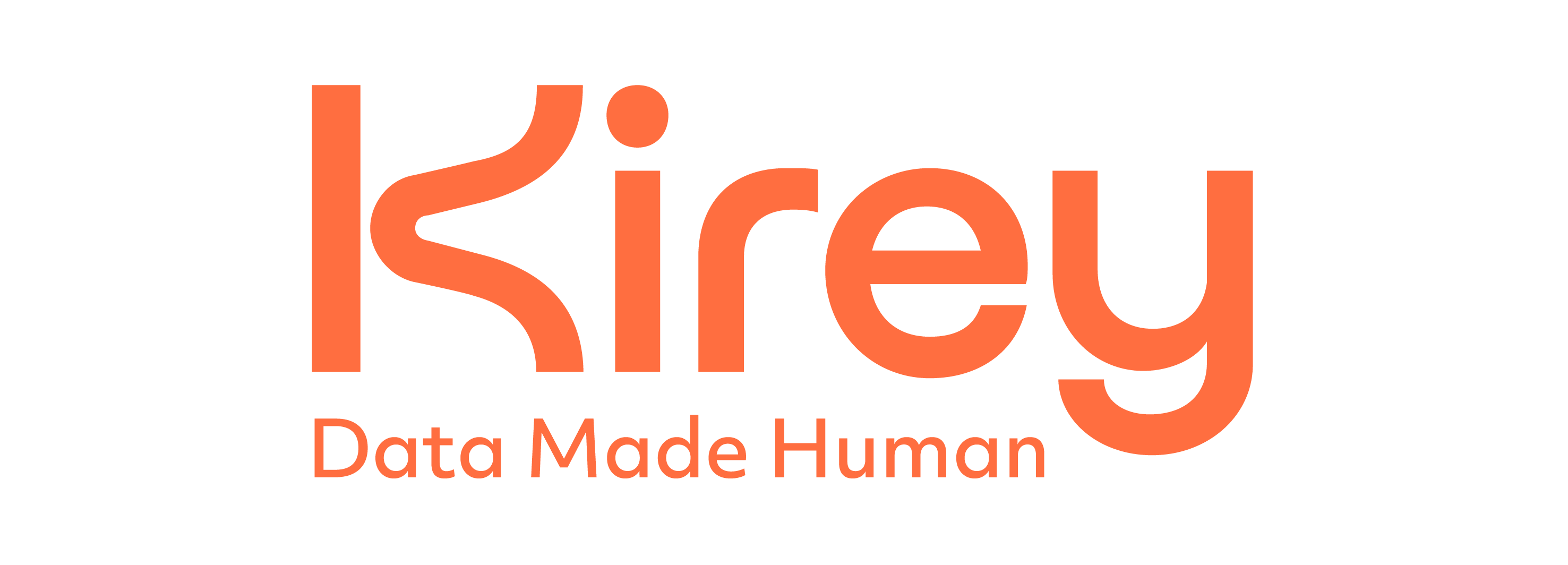Data governance: why data management is the key to gaining a competitive advantage in banking
by Teresa Roma, Kirey Group Business Line Manager
The pandemic has accelerated the digital transformation: customer habits continue to evolve, and banks are looking for tools and resources to keep up with the market.
We are moving from digital banking to an open finance vision: open technological innovation is being implemented in finance and insurance to provide an increasingly personalized and high-quality user experience through optimized data and skills management.
For banks, data governance takes on a strategic role in transforming the customer relationship, promoting new services, and enabling digital collaboration.
How predictive models influence strategic decisions and business outcomes
Banking institutions have always collected and rendered data, but today the evolution of tools and technology opens up much more advanced possibilities regarding processing time, data quality, and predictive capabilities.
Accurate predictions and simulations are the keys to enabling banks to make strategic decisions by considering all the elements that could be useful for evaluation.
Thanks to data governance models based on Artificial Intelligence (AI) and Machine Learning (ML) tools, the value of data has increased exponentially. However managing those data requires expertise and awareness of the processes and technologies available, to make them useful in achieving the expected business outcomes.
Let's think, for example, about the usefulness of a predictive model of a financial product's adherence to a specific market need, or a specific target selected by age group.
But how does it work in practice? The adoption of sandboxes makes it possible to create a "democratic lab" that is an open experimentation space that allows the business user to operate in a parallel architectural environment and have data available that, concurrently with the design of a given model, makes the results predictable.
Python, the programming language conquering data scientists
Experimentation is increasingly using microservices and programming languages such as Python, to make better-performing data science algorithms. Also thanks to this, Python is emerging strongly as an ideal language for creating scripts and applications that interact with data.
The main advantages of Python are:
- clarity and speed: it simplifies programming and is an excellent language for creating scripts
- portability: it's suitable for any system
- flexibility: it adapts to different programming and application possibilities, especially artificial intelligence
- order: the organization of modules is clear and readable
In data governance and data science, the numbers attest to Python's significant growth: in 2020 84% of data scientists used it as their primary language and 66% used it on a daily basis. Indeed, a community of developers has consolidated around Python by contributing to its development and to the creation of specialized libraries.
Python's role in banking business acceleration
The ability to create microservices with Python language allows the business users to experiment and transmit the algorithm to IT, once they are sure of the model obtained. In turn, IT, which in the past would have had to develop this model from scratch, can now industrialize it, optimize it and bring it into the production environment in a short time.
This process, which is simpler and tied to the strategies of the business, makes it necessary to rely on consultants who are experts in optimizing performance, improving queries, and other processes that enable banks to make the best use of their databases.
So Phyton language can be the right choice for Data Governance and Data Quality projects for banks that want to give value to their information assets, turning them into a competitive advantage for new business models. Moreover, this approach is important to create new products for an ever-changing market.

